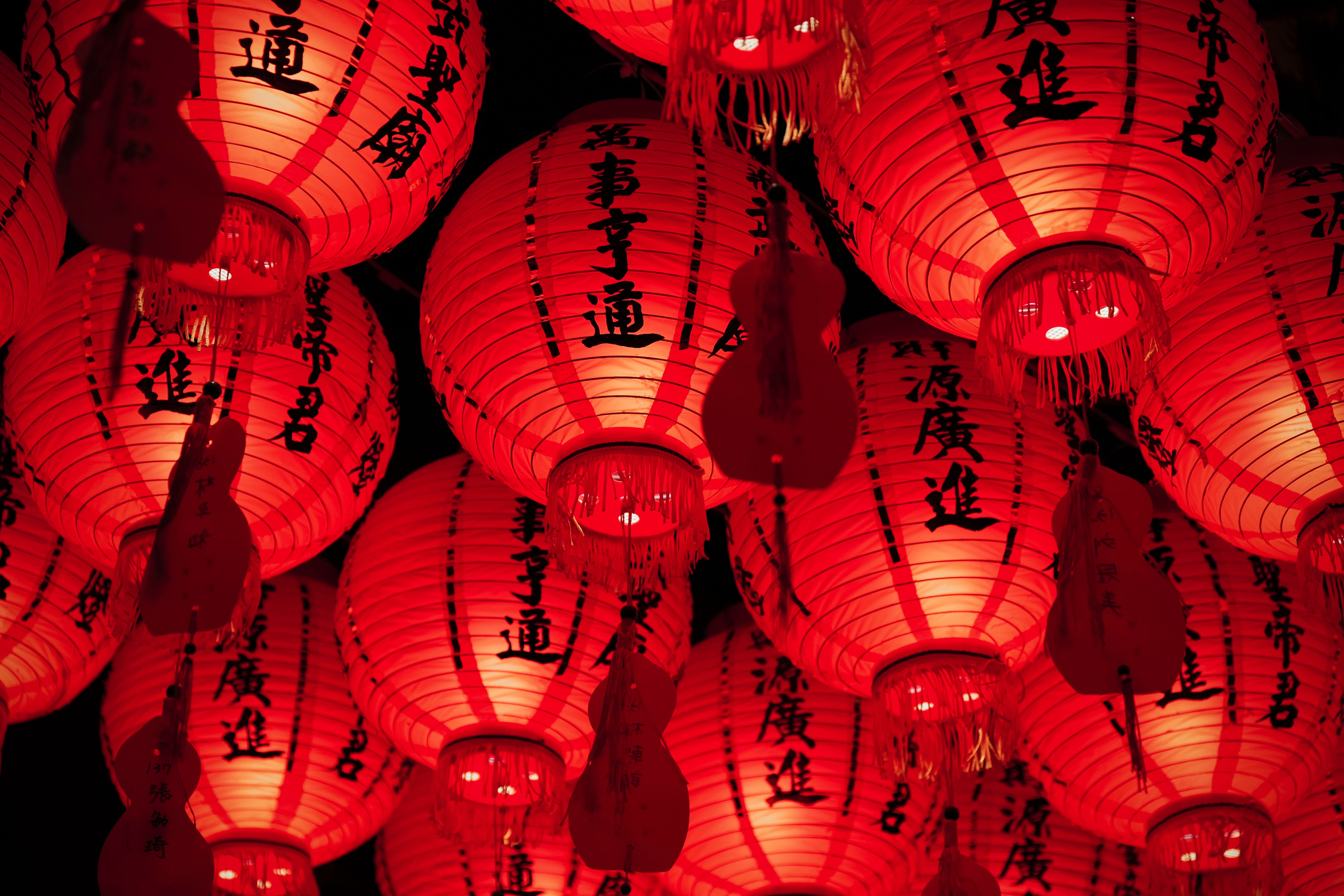故好書者眾矣,而倉頡獨傳者,壹也
There were numerous experiments on the creation of writing, but only the signs created by Cangjie were accepted and still exist today
There were numerous experiments on the creation of writing, but only the signs created by Cangjie were accepted and still exist today
Chinese Language Day is annually celebrated on the 20th of April. This day was established mostly to highlight the impact of the Chinese language, poetry and literature on the world culture. The selected date has a symbolic meaning: in Chinese calendar it is connected to the month “Guyu” during which, according to the folk tales, Chinese writing was created.
Chinese writing originated around 5,000 years ago. The history of its creation is fanned by myths. Cangjie – the court historiographer of the legendary Emperor Huangdi – is considered the author of the Chinese writing. There is a perception that due to Cangjie’s invention of set of characters the ancient China stopped using the knot script based on ropes tied in knots. It’s interesting that Cangjie was depicted with four eyes emphasizing thus his special perspicacity.
Today Chinese is the most popular among the modern languages. Chinese language is one of the two branches of Sino-Tibetan languages. Initially, it was used as a tool for communication of the Han people but later on it became the official language of People’s Republic of China and Taiwan. There are several Chinese dialects. For instance, in China they use Standard Chinese called Mandarin in Western countries. In some dialects there is no writing at all, only verbal form is used.
Shi Nai'an, Cao Xueqin, Luo Guanzhong and Wu Cheng'en are the most famous among Chinese writers. They wrote the four classical novels of Chinese literature tradition (“The Romance of the Three Kingdoms”, “The Water Margin”, “The Journey to the West”, “The Dream of the Red Chamber”). The Circulation Desk of Foreign Literature can acquaint readers with these novels in their original language (4 Turgeneva St, aud. 356). The textbooks for learning the Chinese language, a collection of the modern Chinese poetry and even the Russian classics translated into Chinese can be found in the University Library collection.
Author: E.A. Soloveva
Translator: K.V. Khudyshkina




